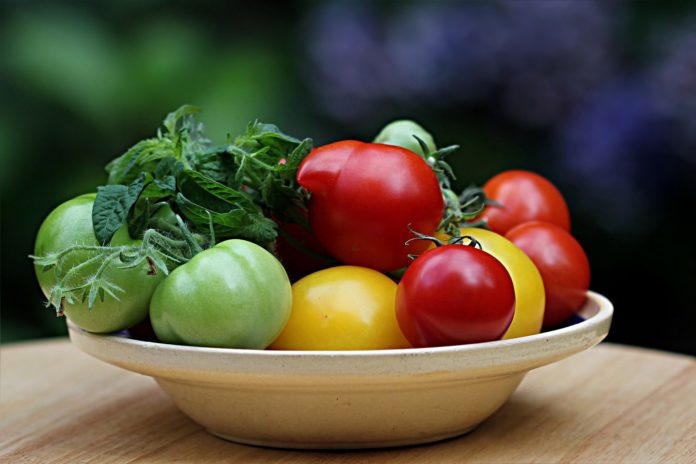Dialysis patients live longer if they eat more fruits and vegetables, shows a new study
Consumption of 10 servings of fruits and vegetables per week in dialysis patients reduced risk of premature death by about 25%.
A new study found that higher consumption of fruits and vegetables may be associated with a lower risk of premature death in patients undergoing maintenance hemodialysis. The findings were published in the Clinical Journal of the American Society of Nephrology (CJASN).
Higher fruit and vegetable intake is linked with lower cardiovascular and all-cause mortality in the general population, but kidney failure patients on hemodialysis are often discouraged from this type of diet due to its potential to cause a buildup of potassium (which is normally excreted in the urine).
“These findings suggest that well-meaning guidance to limit fruit and vegetable intake to prevent higher dietary potassium load may deprive hemodialysis patients of the potential benefits of these foods”
A team led by Giovanni Strippoli, MD, PhD, (Diaverum AB, Sweden and the University of Bari, Italy) Valeria Saglimbene, MScMed, and Germaine Wong, MBBS, PhD (University of Sydney School of Public Health, in Australia) designed a study to evaluate the association of fruit and vegetable intake with all-cause, cardiovascular, and non-cardiovascular mortality among adults treated with hemodialysis.
In the study of 8,078 hemodialysis patients who completed food frequency questionnaires, only 4% of patients consumed at least 4 servings of fruits and vegetables per day as recommended in the general population. The team noted that there were 2,082 deaths (954 from cardiovascular causes) over a median follow-up of 2.7 years. Compared with patients who had 0-5.5 servings of combined fruits and vegetables per week, those who had 5.6-10 servings and those who had more than 10 servings had 10% and 20% lower risks of dying. They also had 12% and 23% lower risks of dying from non-cardiovascular causes.
“These findings suggest that well-meaning guidance to limit fruit and vegetable intake to prevent higher dietary potassium load may deprive hemodialysis patients of the potential benefits of these foods; however, intervention trials of fruit and vegetable intake are needed to support dietary recommendations for hemodialysis patients,” said Prof. Wong. “Future studies exploring the potential benefits of a whole dietary approach in the hemodialysis setting are also warranted and we aim to pursue them,” added Prof. Strippoli.


